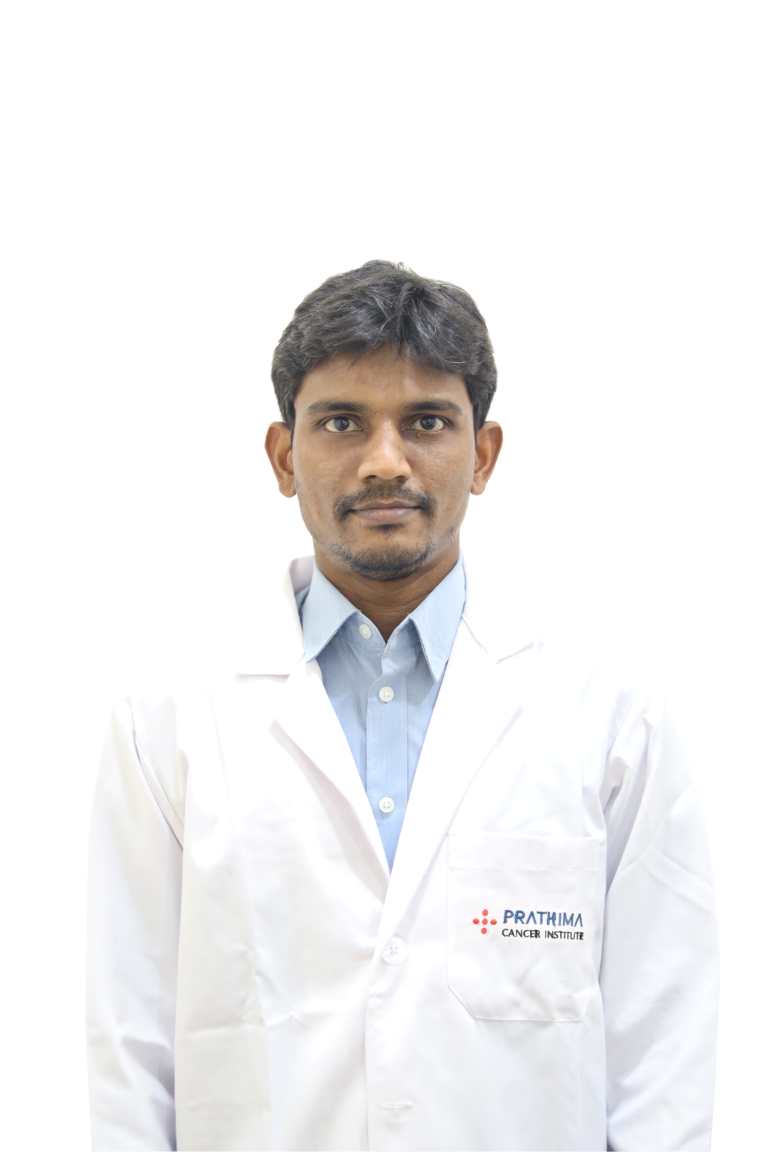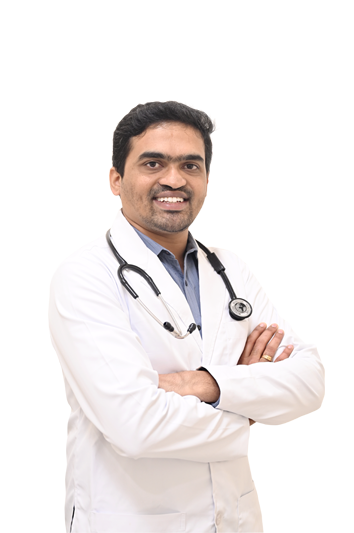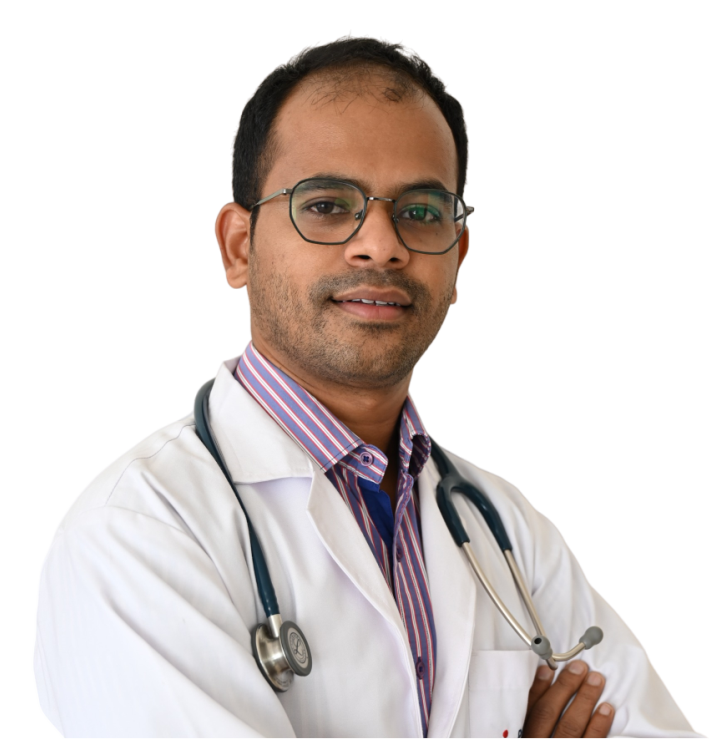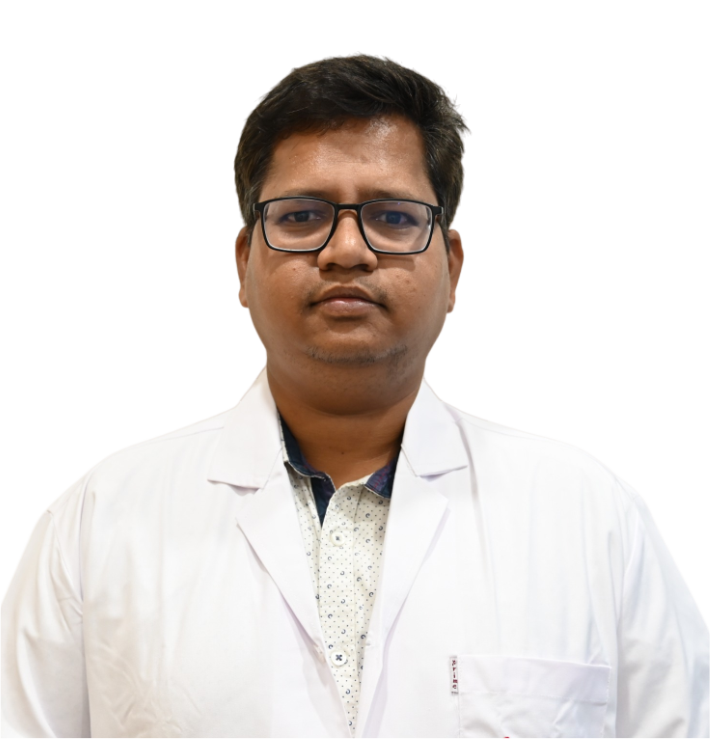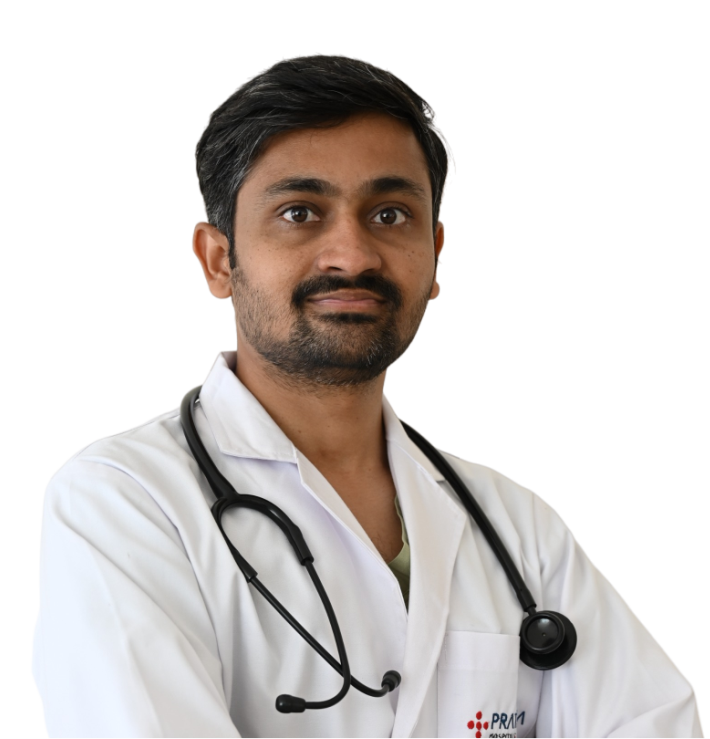Stomach Endoscopy Procedure in Warangal, Telangana
An upper gastrointestinal endoscopy, commonly referred to as a stomach endoscopy, is a medical procedure that allows a doctor to examine the upper digestive system using a flexible tube with a light and camera attached. Here are the steps involved in a stomach endoscopy procedure:
Stomach Endoscopy
Preparation: Before the procedure, you will need to fast for several hours to empty your stomach. Your doctor may also ask you to stop taking certain medications that may interfere with the procedure.
Anesthesia: You will be given a local anesthetic spray to numb your throat and a sedative to help you relax during the procedure.
Insertion of the endoscope: The endoscope, a flexible tube with a light and camera attached, will be inserted through your mouth and down your throat into your esophagus, stomach, and duodenum. You will be asked to swallow the tube, and your doctor will guide it through your digestive system.
Examination: As the endoscope moves through your digestive system, your doctor will examine the lining of your esophagus, stomach, and duodenum. The camera attached to the endoscope will capture images of your digestive system, which your doctor will review.
Biopsy: During the procedure, your doctor may take a small tissue sample (biopsy) from the lining of your digestive system for further examination under a microscope. This is a painless procedure and will not affect your ability to eat or drink.
Removal of the endoscope: Once the examination is complete, the endoscope will be slowly removed from your digestive system. The procedure usually takes around 15-30 minutes to complete.
After the procedure, you may feel a little discomfort and bloating, but these symptoms should disappear quickly. You will be able to resume normal activities and eat and drink as usual after a short period of observation. Your doctor will discuss the results of the procedure with you and recommend further treatment, if necessary.
Find a Specialist
Senior Surgical Oncologist
DNB – Surgical Oncology – NIMS Hyderabad, PDCC Fellowship – SVIMS Tirupathi
Consultant Surgical Oncologist
MBBS
M.S (General Surgery)
FMAS, DrNB (Surgical Oncology)
Consultant Medical Oncologist
MBBS
M.S (Otorhinolaryngology)–GMC
M.Ch (Head&Neck Surgery Oncology)AIIMS
Consultant Head & Neck Surgeon
MBBS
DNB Radiation Oncology
Consultant Radiation Oncologist
MBBS
M.D.(General Medicine)
(D.M.(Medical Gastroenterology))
Consultant Gastroenterologist
MBBS
MS, FELLOW IN HEAD & NECK SURGICAL ONCOLOGY
CONSULTANT HEAD & NECK ONCO SURGEON
MBBS
Mbbs, M.S (General And Laparoscopic Surgery)
Consultant General And Laparoscopic Surgeon





